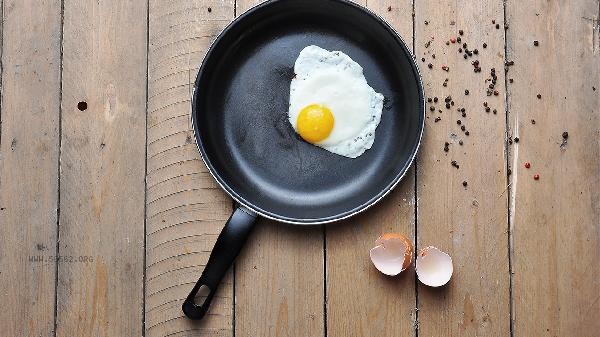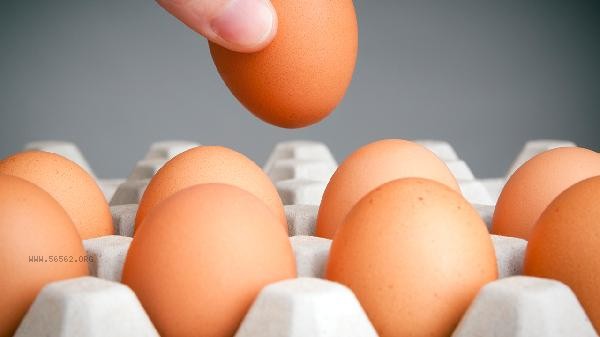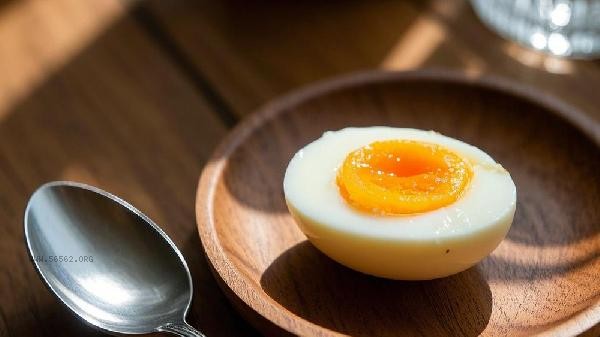People who do not eat eggs can replace the nutrition of eggs with foods such as tofu, fish, lean meat, dairy products, beans, etc. Eggs are rich in high-quality protein, vitamins, and minerals, and alternative foods need to meet similar nutritional requirements.

1. Tofu
Tofu is a soy product that contains abundant plant protein, similar in protein content to eggs. Tofu also contains minerals such as calcium and iron, making it suitable for vegetarians or people who are allergic to eggs. Northern tofu has a higher protein content, while southern tofu is more delicate and can be chosen according to its taste. Tofu can be consumed in various ways such as stir frying, stewing, and boiling soup, with a high nutrient absorption rate.
2. Fish
Fish are an important source of high-quality protein, especially deep-sea fish such as salmon and cod, which are rich in omega-3 fatty acids. The protein digestion and absorption rate of fish is comparable to that of eggs, and they are rich in vitamin D and selenium. Eating fish two to three times a week can effectively replace some of the nutrients in eggs. Steaming or grilling can maximize the nutritional value of fish.
III. Lean Meat
Lean meat such as chicken and beef contains abundant animal protein, and its amino acid composition is similar to that of eggs. Lean meat also provides minerals such as heme iron and zinc, which are helpful in preventing anemia. When choosing lean meat, it is better to choose pork tenderloin and chicken breast, which have lower fat content. Avoid deep frying when cooking, and it is healthier to use stewing or quick frying methods.

Fourth, dairy products
Milk, yogurt, cheese and other dairy products contain high-quality protein and calcium. The probiotics in yogurt also contribute to intestinal health, with a higher absorption rate of whey protein. Lactose intolerant individuals can choose low lactose products or fermented dairy products. Moderate daily intake of dairy products can supplement some of the nutrients provided by eggs.
V. Beans
Beans such as soybeans, black beans, and chickpeas are rich in plant protein and dietary fiber. The amino acid composition of legume protein is relatively comprehensive, and consuming it in combination with grains can improve protein utilization. Beans also contain B vitamins and various plant compounds, which are beneficial to health. The beans can be made into soybean milk, bean paste or added to the staple food. People who do not eat eggs for a long time should pay attention to dietary diversification and ensure a balanced intake of protein, vitamins, and minerals. It is recommended to mix the above alternative foods reasonably, such as beans and grains, which can increase protein absorption. Pay attention to the supplementation of vitamin B12 and use nutritional supplements under the guidance of a doctor if necessary. Regularly assess nutritional status, adjust dietary structure according to individual circumstances, and ensure comprehensive and balanced nutrition.










Comments (0)
Leave a Comment
No comments yet
Be the first to share your thoughts!